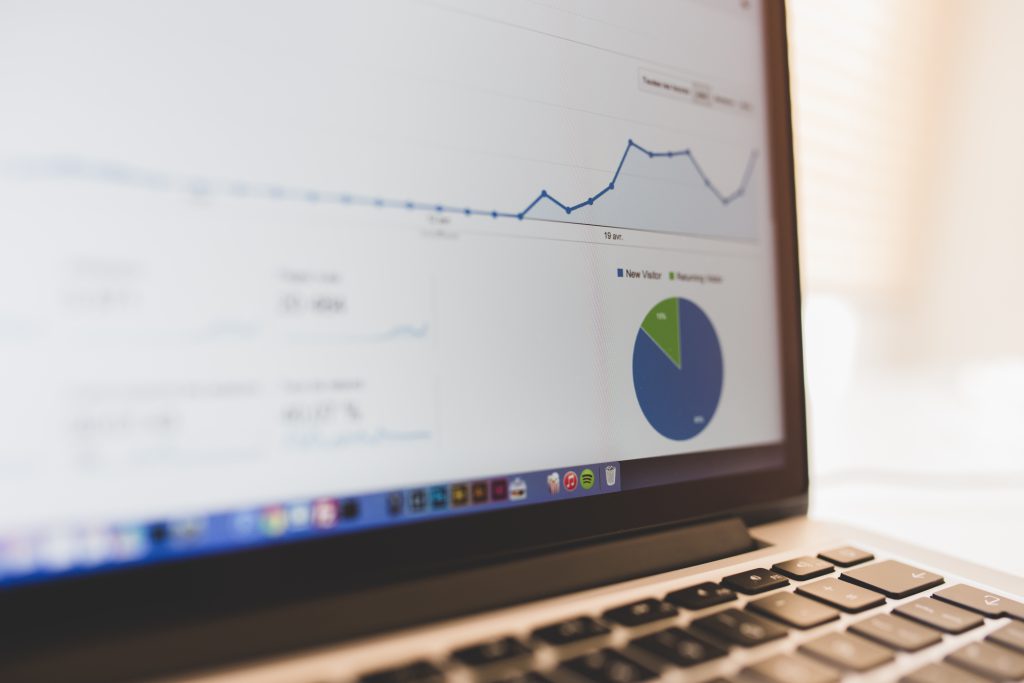
Source: https://www.pexels.com/photo/notebook-working-macbook-computer-34177/ Permission: Public Domain.
Overview
You’ve chosen to get your degree in Agriculture and Bioresources, or at least to take a course in agriculture, which means you might be studying soil science, food and microbiology, animal science, or plant science. Therefore, you might be asking, “why do I have to take an economics class?” Or, “how could economics possibly matter for grain farmers, dairy and poultry producers, agronomists, or cattle ranchers?” You might not even be sure what the study of economics is.
I will begin by asking you a simple question. Do you make decisions? If the answer is yes in your personal life or your professional life, then I would say economics is relevant for you because, in its simplest form, it’s about making decisions. Not just any decision, but the best decision, or at least better decisions.
This first module is an introduction to what you will be learning in the course, why it’s important regardless of your major, minor, or background, and how economics can help you to make decisions in your career and in your personal life. Economics is actually very exciting because it explains how things work, and why we as individual consumers and producers, or collectively as a society, make decisions.
The best way to learn economics and see its value is to study the theory first. While theory can be a bit boring, and sometimes complicated, it ultimately helps to simplify things in a way that will enable you to identify cause-and-effect relationships and to predict what will happen in a market, for example. Once you understand the theory, economics becomes much more interesting because you can see how the theory works just by reading the newspaper, talking with producers and consumers, or even on coffee row. After that, you will be able to apply economic theory to make predictions about prices, and new trends, food safety, renewable resources and all sorts of things, and to make better decisions in general.
This course has been developed in a way to make economics an important tool for you in the context of agriculture. It focuses not just on the theory, but the everyday application of economic ideas and principles. You will not be required to memorize key terms, but to demonstrate your ability to use them in ways that are relevant to you (understanding that each of you comes from a different background and that each of you is likely heading towards a different occupation).
The course also focuses on what it means to learn, and how you learn. To that end, you will be required not to listen to/read lectures, memorize content, and regurgitate material for an exam. Rather, you will be asked to demonstrate your understanding of the materials in ways that enhance your ability to communicate, to think creatively and critically, to work collaboratively, and to adopt what is useful for you as an individual.
So, I will begin by enthusiastically inviting you to explore the power of economic thinking. I hope that you recognize your use of economics every day in your decision making and that the study and use of economics become incredibly fascinating, illuminating and empowering, rather than a chore.
Learning Objectives
Upon completion of this module, you will be able to:
- Discuss what the term “economics” means and why it is important to agriculture regardless of your background or your intended profession.
- Articulate “seven key economic principles.”
- Describe the different study areas that constitute agriculture.
- Demonstrate your use of the seven key economic principles in an agriculture/bio-resource context.
Module Instructions
For this module you are required to:
- Watch the introduction video that provides an overview of the class.
- Read the 10 Principles of Economics by Mankiw. Note that this module and the rest of the course will focus only on the first seven. URL: https://en.wikiversity.org/wiki/10_Principles_of_Economics
- Read the Learning Materials section of this module.
- While reading, you will be presented with several activities that will help you to discover the material for yourself. It is useful to conduct the activities when they arise, but not necessary.
Required Readings
- Mankiw, Gregory. 2016. 10 Principles of Economics. Wikiversity. URL: https://en.wikiversity.org/wiki/10_Principles_of_Economics. Accessed May 9, 2016
Key Terms and Concepts
- Economics
- Incentives
- Scarcity
- Trade-offs
- Opportunity costs
- Marginal thinking
- Markets
- Trade
